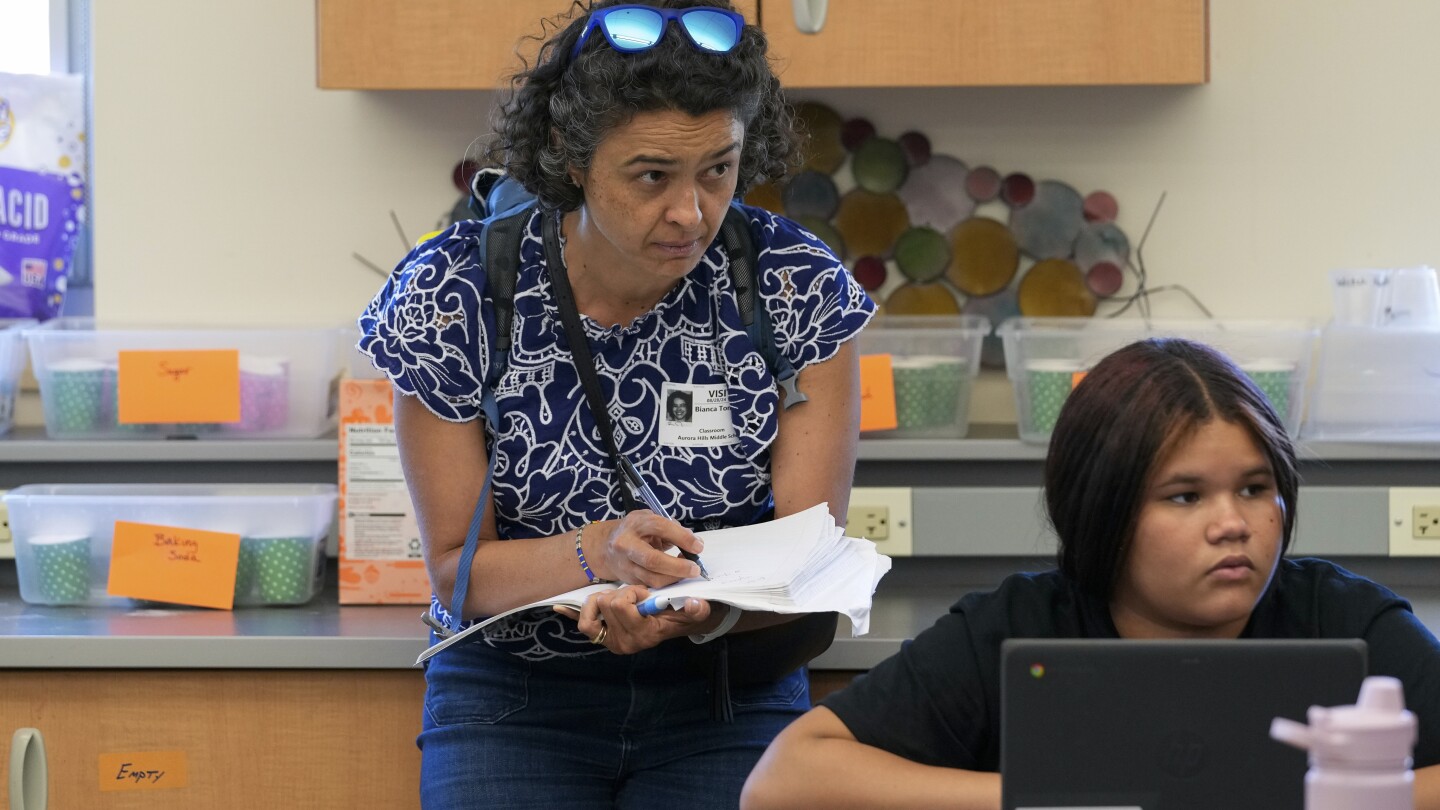ATLANTA — In a revealing exploration of the challenges faced by students amid rising housing costs, education reporter Bianca Vázquez Toness sheds light on how eviction can disrupt a child’s schooling and well-being. Through her reporting, she highlights the struggles of families like that of Sechita McNair, a mother of three grappling with the realities of displacement in a rapidly gentrifying city.
Understanding the Impact of Eviction on Education
Research indicates that schoolchildren facing eviction are at a significant disadvantage. Those affected are more likely to switch schools, often transferring to institutions with less funding and higher poverty rates. Furthermore, these students tend to miss more days of school and experience increased disciplinary actions, such as suspensions. This pattern has been confirmed through Toness’s investigations, where she encountered numerous students who missed extended periods of school due to housing instability.
During her reporting, Toness connected with McNair, who shared her journey of striving to return to Atlanta following an eviction. McNair’s determination is commendable; she aims to ensure her children can continue their education in familiar surroundings. Her story is emblematic of the broader issues many families face in urban settings, where affordable housing is scarce.
A Complicated Journey of Resilience
McNair, a veteran of the film industry, approached her situation with openness. She willingly shared her experiences, understanding the importance of illustrating the complexities of her life. Her willingness to communicate made it easier for Toness to grasp the nuances of her struggles. She often described her daily routine, which included driving her children to school and managing additional work with Uber Eats to support her family.
The challenges McNair faces are compounded by a lack of familial support. Despite her heavy responsibilities, she holds onto a belief that perseverance will lead to eventual stability. Throughout her journey, her plans frequently shifted, reflecting the unpredictability of her circumstances. Toness made multiple trips to Atlanta to document McNair’s experiences, maintaining regular communication to capture the evolving narrative.
The portrait that emerges from Toness’s reporting is one of resilience and determination. McNair’s efforts to stabilize her family’s situation align with what experts recommend for children experiencing housing insecurity: keeping them in the same school to foster a stable learning environment. Despite her best efforts, the obstacles remain formidable.
Toness has previously garnered attention for her work, particularly in highlighting the significant number of students missing school during the pandemic. Her reporting in this area was recognized as a finalist for the Pulitzer Prize, underscoring her commitment to addressing the intersection of education and children’s well-being.
Support for the Associated Press’s education coverage is provided by various private foundations. The AP retains full editorial control over its content, ensuring a commitment to journalistic integrity. For more information about AP’s funding guidelines, visit AP.org.







